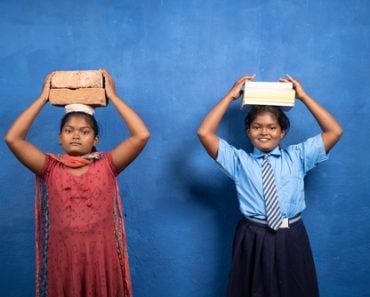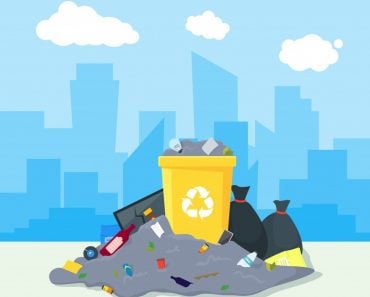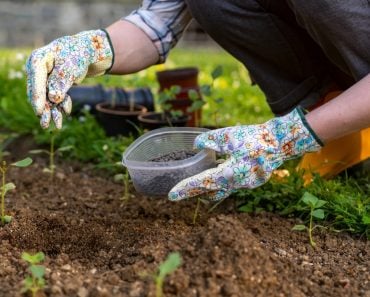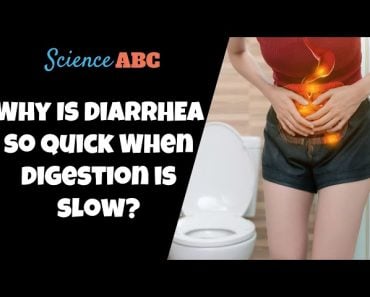Table of Contents (click to expand)
Lack of access to menstrual products, education on periods, and waste management all affect how women tackle their periods. Not having proper systems in place affects their participation in the economy and exacerbates existing inequalities.
Imagine having to choose between spending a certain amount of money on home/school supplies versus buying a few sanitary pads EVERY MONTH. Imagine having to skip school again because there’s no washroom for you to go to and change your sanitary pad.
Many experts have found that most physical health risks linked to urinary tract infections and reproductive health result from the practices a woman must adopt during her menstrual cycle or period.
This is the reality that an estimated 500 million women face every month, as per the latest World Bank statistic. The statistics for developing nations are staggering in this regard. For instance, in India, 70% of reproductive diseases in women are caused by poor menstrual hygiene. Women often use dirty rags as a substitute for sanitary pads.
Added to this is the shame, as women must find ways to hide this rag, wash it and dry it—to ensure that no one knows they are menstruating.
The statistics get daunting depending on the number of people living below the poverty line in a country, as it involves tough choices, such as buying a bag of wheat versus buying a sanitary pad.
Recommended Video for you:
Period Poverty
The lack of access to menstrual products (tampons/pads/cups), hygiene facilities, education, and waste management comprises the whole gamut of what experts have recently termed period poverty.
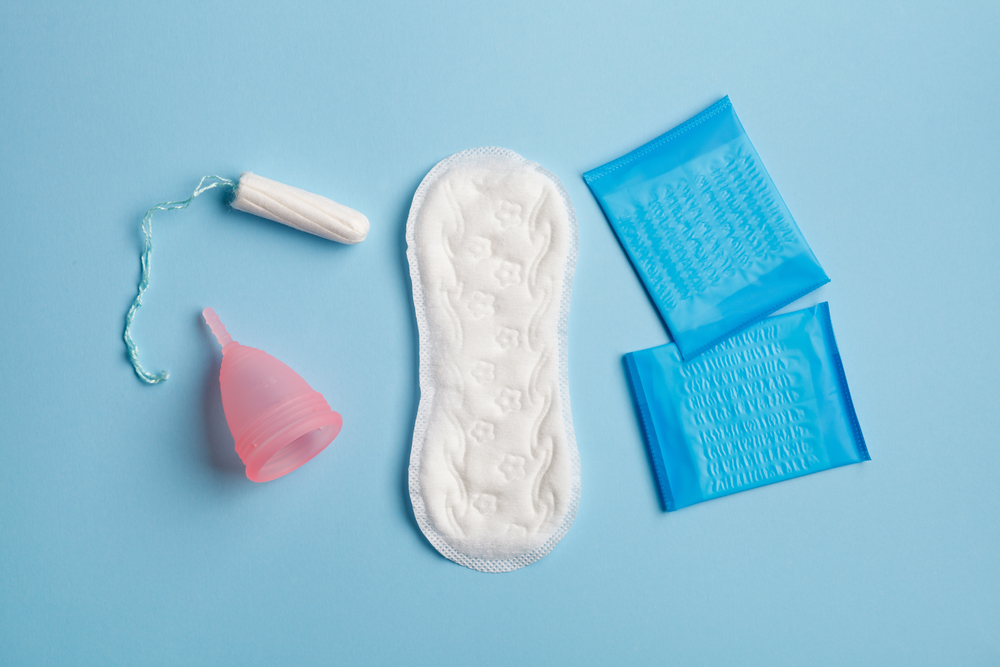
In fact, although period poverty is extreme in developing countries, it is far from non–existent in the developed world. Some studies, even in countries like the US, have highlighted that almost two–thirds of women with low income can not afford menstrual products, as per a study cited conducted in 2019.
Period poverty can only be tackled with a multi-dimensional approach.
First and foremost, it requires institutions to fight against taboos. Many people in developing countries find it challenging to come to terms with the fact that menstruation is a normal and healthy part of life.
Several taboos, unprecedented practices of ostracizing a female during her period, shaming her, and other discriminatory norms pose a challenge to the economic problem of improving access. In such societies, none of the improvements towards improving infrastructure would matter, so long as such beliefs are held.
Not paying attention to fighting taboos also affects women’s economic performance. It deprives them of access to education and gainful employment and exacerbates inequality.
Period Poverty And Empowerment
Empowering someone means enabling them to realize their full potential. Period poverty hampers participation in economic activities at work, school and community. It is not a task that one woman can fight alone.

Issues of mindset due to wrongly held beliefs demand intervention at a higher level. Multiple governmental and non-governmental organizations must unite, establish networks with the local community, build trust and faith and fight taboos.
Simultaneously, economic access to menstrual products must be improved by making menstrual hygiene products accessible.
Cutting taxes and building better network supply chains is one such path forward.
Additionally, governments must also focus on building basic social infrastructure, such as access to running water and the construction of toilets.
Scotland, in 2021, passed a bill to provide sanitary pads and tampons free at community centers and other public places. It is the first country to do this!
However, other developed countries have started moving in this direction. Among developing nations, Kenya is the first country to have eliminated the tampon tax. Countries like Malaysia, Nigeria, Lebanon, and Tanzania have abolished taxes on locally made and manufactured products.
But Does The Elimination Of Tax Suffice?
There is mixed evidence for the success of this strategy, due to complex market structures that persist in economies. For instance, in some countries, the basic price of the product is so high that eliminating taxes does not drastically reduce the product’s price, so it remains unaffordable.
In fact, the government’s revenue loss becomes significant in such cases and hampers their ability to fund other interventions.
Basically, it is extremely crucial for countries to consciously adopt policies that make a significant dent in bringing about the required change in these underlying social norms and social infrastructure. Only this will improve access for all women.
Global Initiatives
The Sustainable Development Goals (SDGs) are a collection of 17 interlinked goals set up by the United Nations to be achieved by 2030. These 17 goals address issues related to health, the environment and economic growth, with specific targets to be attained by 193 member countries of the UN.
The deprivations associated with period poverty are interlinked to 5 SDGs. However, none of these goals is binding to any nation. Most developing countries also give implicit recognition to the management of menstrual health, but whether something will be done about this remains uncertain.
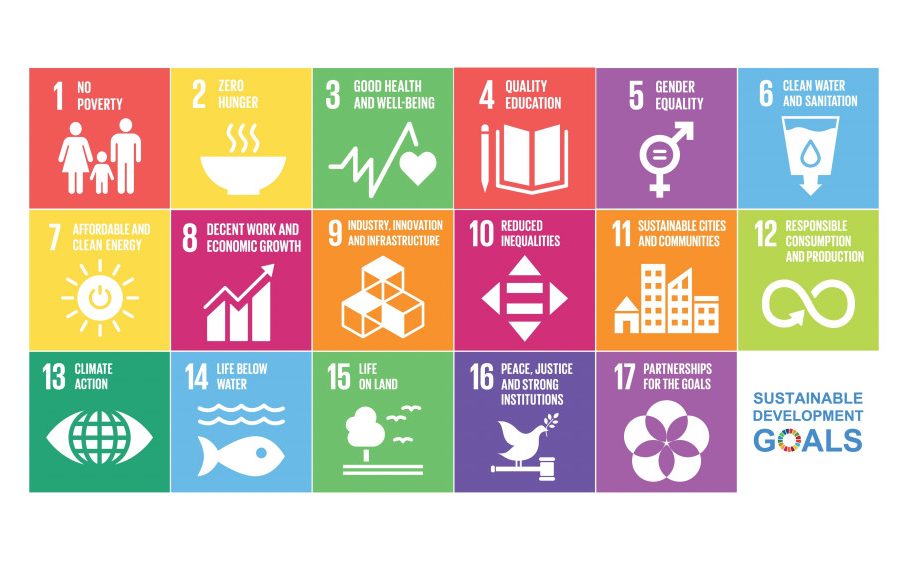
As global citizens, we have come a long way in understanding and improving access to menstrual products compared to 100 years ago, but we still have a long way to go.
Eliminating period poverty is further under threat now due to COVID–19. There is increasing violence and challenges to access education and affordable healthcare that has reassigned a lower priority to eliminating period poverty. This shift has disproportionality hit young women, and in some countries, initiatives have taken a backseat in light of other priorities.
Finally, policies need to focus not just on improving access to these products by reducing taxes. Access must encompass improving the availability of menstrual products in public places, and access to clean toilets.
A collective effort must be put into educating girls and boys about the relevant aspects of menstrual cycles. Women must also be educated on the various products used and healthy practices that need to be adopted during menstruation.
References (click to expand)
- Menstrual Health and Hygiene - World Bank. The World Bank
- Bobel, C., Winkler, I. T., Fahs, B., Hasson, K. A., Kissling, E. A., & Roberts, T.-A. (Eds.). (2020). The Palgrave Handbook of Critical Menstruation Studies. (C. Bobel, I. T. Winkler, B. Fahs, K. A. Hasson, E. A. Kissling, & T.-A. Roberts, Eds.), []. Springer Singapore.
- Even in the U.S., poor women often can't afford tampons, pads. Reuters
- Period Products Act comes into force - gov.scot. The Scottish Government

